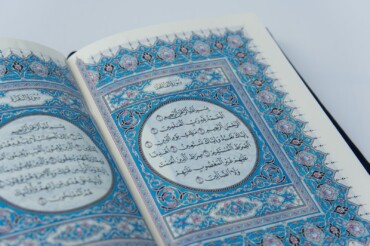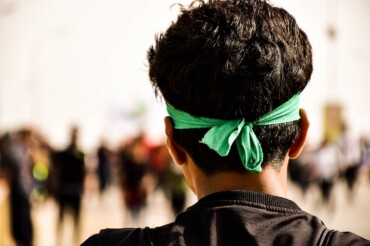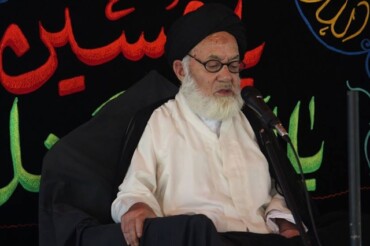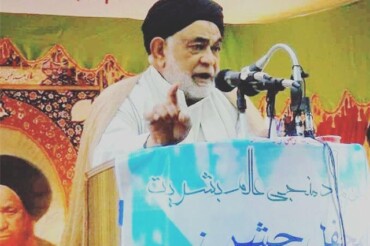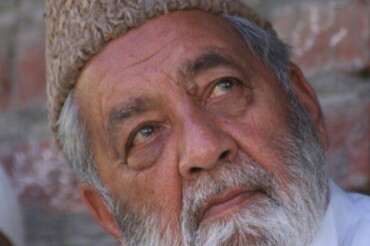Welcome to the Imam Hussain Research Centre Schedule page! Here, you will find a comprehensive list of upcoming events, programs, and activities happening at our Islamic site. We invite you to join us in these enriching and spiritually uplifting gatherings.
